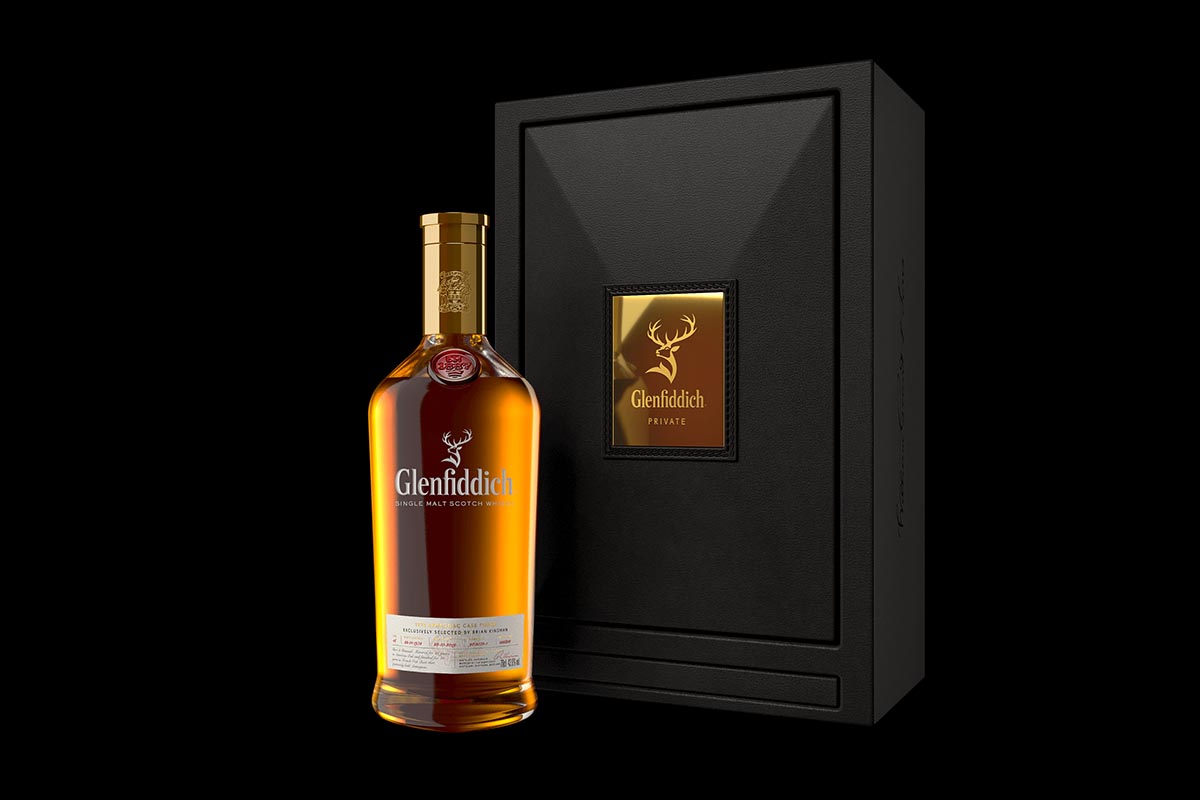Can the rather staid worlds of wine and spirits handle a bit of … Ethereum?
If BlockBar has its way, your old-school whisky and wine collection could become a big part of the very new-school world of non-fungible tokens (NFTs) and cryptocurrency.
“We identified certain obstacles surrounding the spirits industry,” notes BlockBar co-founder Samuel Falic. “So we decided to create this one-of-a-kind platform for it.”
Before you protest, a few notes on the service, which launched this week: This isn’t digital art or some other strange ideas booze companies have had regarding digital assets that don’t involve, well, actually booze you can hold (and drink). The NFTs here are tied into actual, real and very rare spirits and wine.
Essentially, each rare bottle gets its own traceable digital token. BlockBar stores the rare bottles in a secure, controlled site in Singapore. You can buy bottles (with Ethereum or a regular credit card) and/or sell them (and get cash or Ethereum) without ever physically touching them … but you can also have them shipped to your house and enjoy ‘em, at which point the NFT will be destroyed.
There are plenty of advantages here, at least for rare booze collectors: BlockBar is working directly with brands, so between that relationship and their blockchain-backed tech, you’re guaranteed an authentic bottle (and you’re probably getting something unique to the market; more on that below). You won’t have to worry about storage, insurance or how to offload your bottle, as long as you’re comfortable working within the BlockBar marketplace. And buyers or spirits aficionados will have another avenue to obtaining and selling their wares outside of auctions and grey markets; that fact ideally opens up the world of spirits to everyone, as long as they have the assets.
BlockBar itself has good reason to court this marketplace, which isn’t always amenable to change. According to the tech site, investments in fine wines and spirits are outpacing more traditional benchmarks like the S&P 500 and gold, and the number of wine/spirits collectors has grown a whopping 582% in the last decade. As well, interest and value in NFTs and crypto also continue to grow, even if those markets do (wildly) fluctuate.
The first release from BlockBar is a 46-year old Glenfiddich expression, available Oct. 19, that spent 21 years of its maturation in French oak that once held Armagnac. “I like the idea of releasing one of our most innovative whiskies [on BlockBar],” says Brian Kinsman, the Master Blender for Glenfiddich. “We only had two casks of this at the distillery.” (As of now, 15 bottles will be available on the new platform.) According to Kinsman, this BlockBar special release sees the extra time in Armagnac casks amps up the distillery’s trademark soft and fruity notes with some sweetness and hints of oak, vanilla and toffee.
Glenfiddich is no stranger to innovation; they basically popularized the idea of bottling a single malt back in 1963. (More recently, they started running their delivery trucks on whisky waste). They do seem to be one long-running whisky brand that understands that they can’t keep marketing to the same group of people.
So what are the downsides? There’s a truly a lost romance when you never get to touch a bottle you own. While BlockBar compares the current rare spirits market to “having a classic car but keeping it covered in the garage,” the difference here is that you can actually touch the car — or bottle — and show it off, if you want to. And if you want to open it up and enjoy your hooch, value be damned? You can (spontaneously) do so.
And at least for the Glenfiddich release, there is another issue: Potential buyers can’t taste the liquid. However, a spokesperson for the company noted that “brands have absolute autonomy over their products and offering” and that “private events are definitely something brands are interested in and tastings are also a potential opportunity.”
It may also take some time to mentally process newcomers to the rarefied booze world. Will Peacock, the Global Luxury Director at William Grant & Sons, calls them a “new cohort of digitally savvy investors interested in crypto, NFTs, blockchain and/or rare spirits,” and, well, for old-school drinkers that’s gonna take time to swallow.
As well, “owners” of their BlockBar-backed bottles may have differing feelings about the advantages the platforms offers spirits brands, which will take a cut every time a bottle is re-sold on the platform; it’s a bit like congratulating Ticketmaster for getting more control of the secondary ticket market (so glad you got paid again). As well, spirits brands will suddenly have a lot of access to information about their most hardcore fans — which, again, could be good, or could be a concern.
Still, for an industry that preaches patience, time and tradition, a company like BlockBar might represent the gentlest of introductions to a new technology. And there could be real benefits, particularly for a marketplace that deals quite a bit with counterfeit wares. “I understand people might be skeptical about NFTs, but it’s a proven technology,” Falic says. “And this is one industry that could benefit from a level of authenticity.”
Every Thursday, our resident experts see to it that you’re up to date on the latest from the world of drinks. Trend reports, bottle reviews, cocktail recipes and more. Sign up for THE SPILL now.
